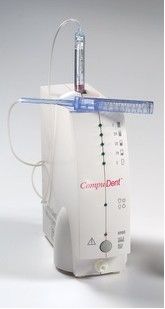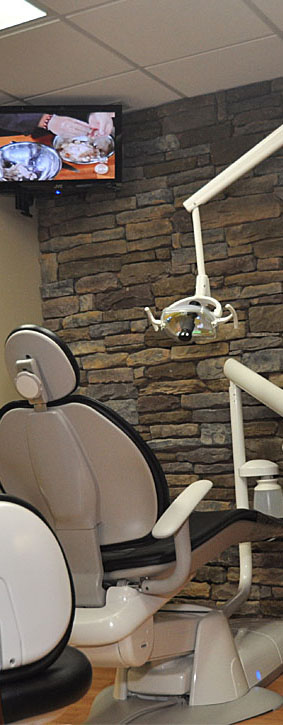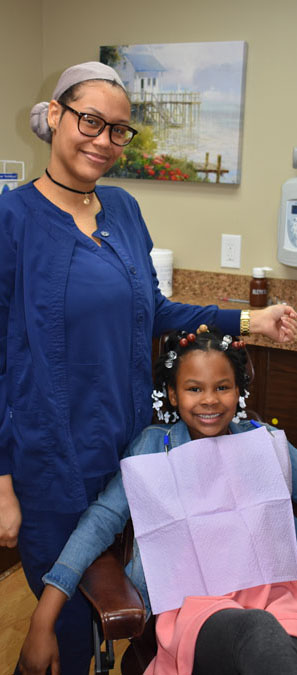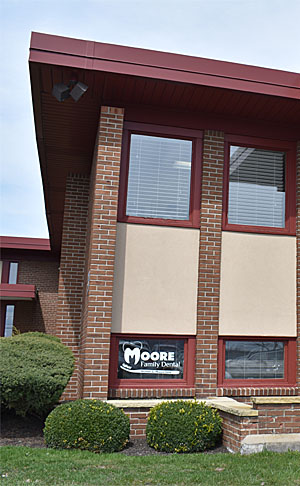 When people think of dental procedures, such as a filling or root canal, there are certain things they take for granted. One of them is anesthesia. In fact when people hear anesthesia, they generally think “novocaine”. Novocaine has become a generic term for numbing certain parts of the mouth and gums. In reality, novocaine is seldom used these days. Advances in medical technology favor the use of lidocaine (also called xylocaine or lignocaine) or some combination of articaine, septocaine, marcaine, etc. These local anesthesia can typically cause less reactions, wear off more quickly, be administered with more precision and cause less discomfort.
When people think of dental procedures, such as a filling or root canal, there are certain things they take for granted. One of them is anesthesia. In fact when people hear anesthesia, they generally think “novocaine”. Novocaine has become a generic term for numbing certain parts of the mouth and gums. In reality, novocaine is seldom used these days. Advances in medical technology favor the use of lidocaine (also called xylocaine or lignocaine) or some combination of articaine, septocaine, marcaine, etc. These local anesthesia can typically cause less reactions, wear off more quickly, be administered with more precision and cause less discomfort.
Anesthesia is just part of the process for many dental procedures and many people don’t give it a second thought, but they should. Here are five things you should know about anesthesia.
1.Technology can improve the way anesthesia is administered
At Moore Family Dental, we keep current with technology and put it to good use for the benefit of our patients. With the CompuDent Wand, we deliver anesthesia with a device that looks like a pen; this reduces anxiety for patients who have anxiety about needles. The CompuDent Wand doesn’t feel like a needle, either: it delivers anesthesia with an even flow and eliminates the unpleasant sting.
2. It may take longer than you expect for the anesthesia to do its job
Anesthesia is administered for a variety of procedures, including fillings, root canals, and dental implants. The purpose is to numb your teeth and gums so you won’t experience pain or discomfort during the procedure. Communication is a very important part of this; it’s important for you to let us know how you’re feeling and whether your teeth and gums have become numb. With some people, it works quickly, but with others, it can take a few extra minutes to become fully effective. Please let us know so we can keep you as comfortable as possible.
3. It may wear off quickly
Just as anesthesia may take extra time to take effect in some people, it may also wear off more quickly in some cases. Communication is essential in this regard, as well. If anesthesia has numbed you to a point where you’re not experiencing pain or discomfort and you suddenly begin to feel discomfort or pain, please let us know immediately. We can administer additional anesthetic to keep you comfortable for the remainder of the procedure.
4. It requires special consideration in some cases
People with certain health conditions, such as high blood pressure, must be aware of the potential effects of anesthesia. For example, “Use of epinephrine in some patients with high blood pressure may result in cardiovascular changes, including the rapid development of dangerously high blood pressure, angina, heart attack, and arrhythmias, and should be used with caution.” That’s why your medical history is important to us. We’ll use that information to help us determine the anesthesia options that are safest for you.
5. It’s important to let us know if you’ve ever had problems with anesthesia
If you’ve ever had an allergic reaction or any type of adverse reaction, let us know before we administer your anesthesia. In addition, tell us “about all of the medicines you take. This should include over-the-counter drugs and also any herbs or vitamins you take. Also, tell [us] about any reactions you have had with medicines, no matter how minor the reaction was. Some drugs can interact with local anesthetics.
Our goal is to help you maximize your dental health. Anesthesia is an important part of making you comfortable when we do procedures to help achieve that goal. Please communicate with us throughout this process.



